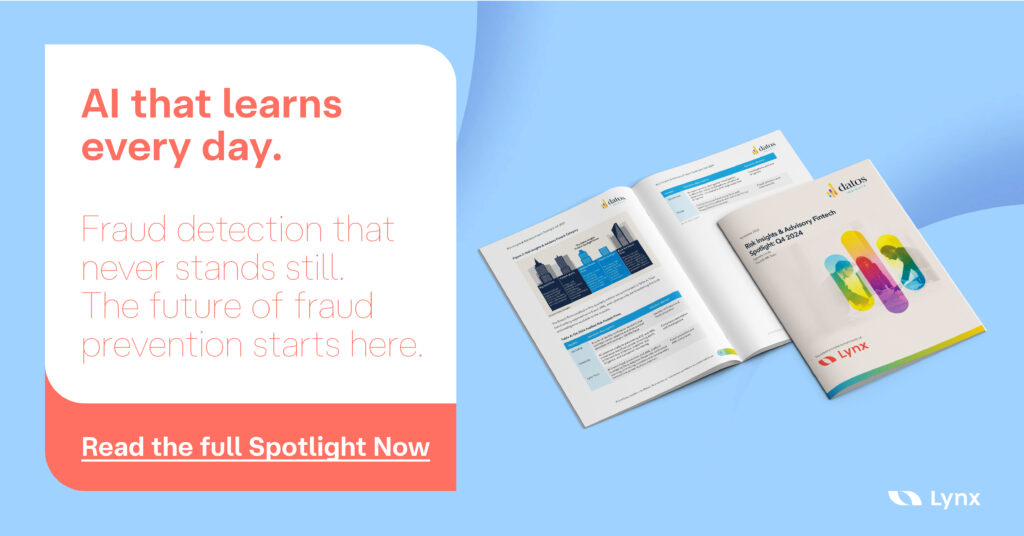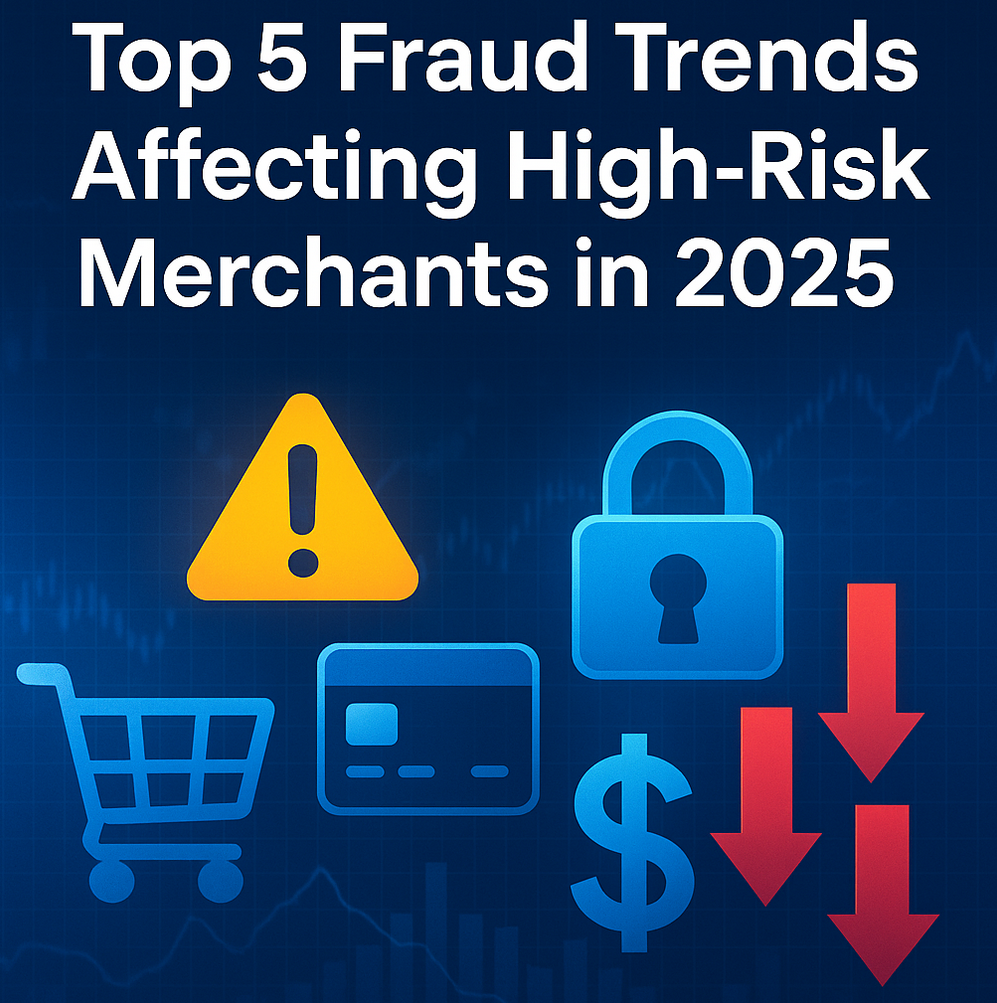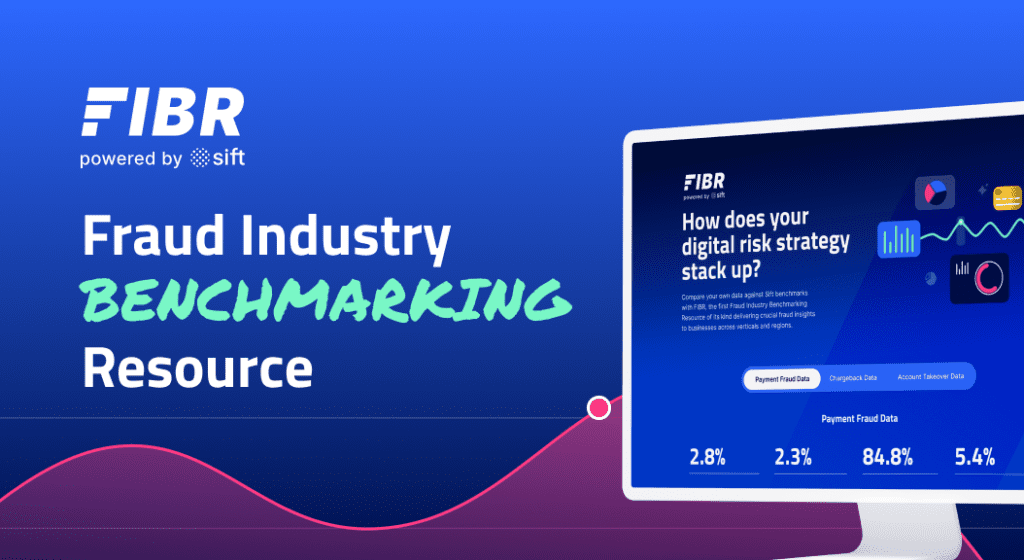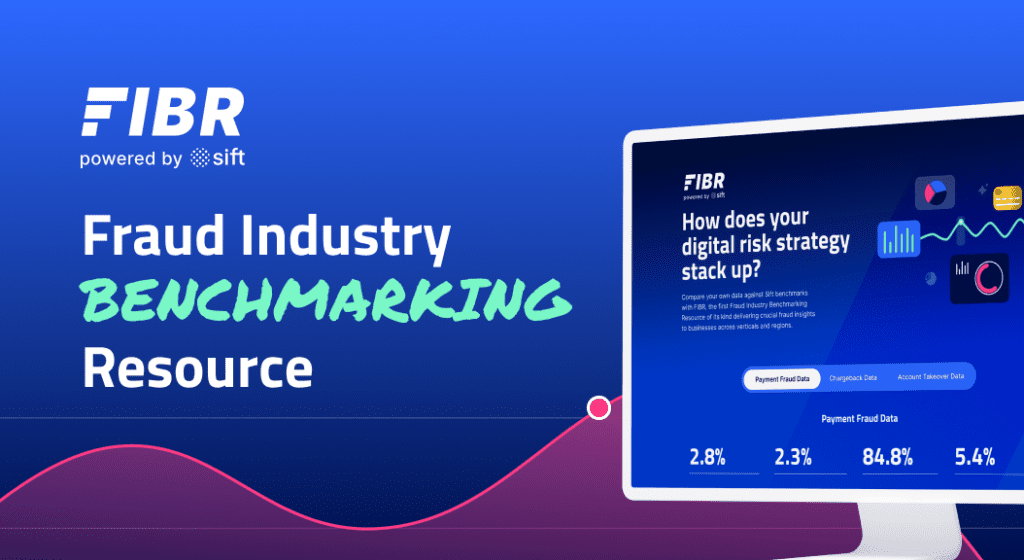
Join industry leaders at risk revenue day London
Join Sift’s Risk Revenue Day in London on 7 July for expert insights and peer discussion on fraud, identity, and trust in payments.

Join Sift’s Risk Revenue Day in London on 7 July for expert insights and peer discussion on fraud, identity, and trust in payments.

Datos Insights highlights Lynx Tech’s AI-led approach to real-time fraud and AML prevention, recognising its adaptive modelling capabilities.

OpusDatum marks 18 years of trusted advisory in financial crime and compliance, reflecting on key milestones and looking ahead to practical, purposeful innovation.

Six months into APP scam reimbursement rules, 86% of victims are refunded—yet calls grow for a cross-sector, prevention-first fraud strategy.

A new Payments Association consumer behaviour survey reveals UK consumers’ payment habits in 2025, highlighting growing digital use, persistent cash reliance, and a strong focus on security.

A 2025 survey of UK retailers reveals how payment challenges and innovation priorities are shaping merchant strategies across the sector.

As fraud grows more sophisticated, platforms must balance growth and security—turning risk management into a competitive edge through smart tech and strategy.

OpusDatum has launched the WTR Knowledge Hub, a data-driven platform supporting global compliance with wire transfer regulations and FATF Travel Rule adoption.

Lynx has won Anti-Fraud Solution of the Year at the 2025 FSTech Awards, recognised for its AI-driven, real-time fraud detection technology and adaptability.

Tecovas has adopted SEON’s AI-driven fraud prevention technology to enhance security and reduce chargebacks across its retail and e-commerce operations.

Banking Circle is leveraging AI to enhance payment scalability, streamline financial crime compliance, and reduce false positives, supporting faster, more secure global transactions.

Cross-border payments are being reshaped by new tech, regulation, and partnerships—but legacy risks still demand smarter compliance.

As APP fraud grows more sophisticated, banks must move beyond transactional checks and use behavioural signals to intervene before money moves.

As financial crime evolves, correspondent banks must prioritise wire transfer transparency to meet global regulations and safeguard the financial system.

From AI-driven scams to rising chargebacks, five key fraud trends are reshaping risk exposure for high-risk merchants in 2025.

Emerging AI technologies are transforming the fight against financial crime with real-time detection and prevention capabilities, improved risk scoring, and reduced false positives. New paradigms define which solutions make the

To address the money mule problem, organisations must combine elements of fraud prevention, cyber threat intelligence, and anti-money laundering capabilities.

Fintech automation brings speed and innovation, but system failures, outages, and over-reliance highlight the need for strong oversight and planning.

SEON has launched an automated chargeback management solution, combining fraud detection and dispute automation to help eCommerce merchants reduce losses and improve efficiency.

AI is reshaping the fight against payment fraud, prompting financial leaders to adapt with smarter tools, better data, and cross-sector collaboration.

Online fraud is rising, with over 70% of UK payments platforms seeing revenue loss—firms are turning to AI, IDV, and biometrics to strengthen defences.

AI-driven fraud prevention platforms are shifting from reactive to proactive, using full-session visibility and real-time detection to combat evolving threats.

NVIDIA’s EMEA Payments & FinTech Leader, Georgios Kolovos, shares how AI is transforming fraud detection, risk management, and customer engagement.

To stay ahead of increasingly savvy, globetrotting criminals, international collaboration is more important than ever.

SEON’s 2025 Digital Fraud Report explores how businesses are adapting to rising AI-driven fraud with increased spending, tech, and specialist teams.

Lynx Tech launches AI-driven AML screening to help financial institutions combat money laundering with speed and accuracy.

How does your fraud strategy compare to industry standards? Explore Sift’s Fraud Industry Benchmarking Resource to find out.

Why must financial institutions rethink authentication to stay competitive post-PSD2? Explore the need for modern, risk-based solutions.

How can fleet and mobility businesses outsmart payment fraud? Find out in this upcoming webinar.

Can banks and fintechs balance seamless payments with robust security? Explore the debate in this upcoming webinar.

AI-driven fraud is evolving fast—banks must adopt adaptive AI models to detect and prevent scams in real-time.

Trudenty joins Mastercard’s Start Path to revolutionise fraud prevention with privacy-preserving data sharing and real-time consumer trust insights.

With AiTM fraud rising, businesses must strengthen security, adopt biometrics, and educate users to stay ahead.

Discover how AI is transforming cybersecurity, both as a weapon for attackers and a shield for defenders, in this webinar.

With fraud evolving faster than security, banks must embrace risk-based authentication or risk falling behind.

The Economic Crime and Corporate Transparency Act 2023 holds businesses accountable for fraud unless they prove strong prevention measures.

From September, large organisations face criminal liability for fraud by employees or associates, requiring robust prevention measures.

Discover how AI-driven innovation, blockchain advancements, and evolving consumer behaviours are reshaping the payments industry.

The 2025 Veriff Identity Fraud Report shows a 21% rise in online fraud, with financial services as primary targets.

APP scams cost UK victims over £340 million in 2023, exposing systemic vulnerabilities and the urgent need for stronger fraud prevention and collaboration.

Open banking faces rising fraud risks, demanding industry-wide collaboration and smarter security solutions to build trust and resilience.

Merchants gathered in London to tackle evolving fraud challenges, highlighting technology and collaboration as key to staying ahead.

Generative AI boosts fraud detection but heightens data privacy risks, urging firms to balance innovation with strong compliance.

Stay ahead of fraud with FIBR, Sift’s benchmarking tool to compare fraud metrics like ATO and 2FA rates across industries.

De-risking endangers financial inclusion, driving MSBs out and boosting unregulated markets, calling for urgent reform.

Paydock and Forter partner to deliver AI-powered fraud prevention, enabling seamless, scalable protection across payment providers and methods.

AI is transforming eCommerce fraud prevention, tackling scams with real-time detection and advanced analysis.

Rising youth involvement in economic crimes highlights the urgent need for robust financial education.
The Payments Association
St Clement’s House
27 Clements Lane
London EC4N 7AE
© Copyright 2024 The Payments Association. All Rights Reserved. The Payments Association is the trading name of Emerging Payments Ventures Limited.
Emerging Ventures Limited t/a The Payments Association; Registered in England and Wales, Company Number 06672728; VAT no. 938829859; Registered office address St. Clement’s House, 27 Clements Lane, London, England, EC4N 7AE.







Log in to access complimentary passes or discounts and access exclusive content as part of your membership. An auto-login link will be sent directly to your email.
We use an auto-login link to ensure optimum security for your members hub. Simply enter your professional work e-mail address into the input area and you’ll receive a link to directly access your account.
Instead of using passwords, we e-mail you a link to log in to the site. This allows us to automatically verify you and apply member benefits based on your e-mail domain name.
Please click the button below which relates to the issue you’re having.
Sometimes our e-mails end up in spam. Make sure to check your spam folder for e-mails from The Payments Association
Most modern e-mail clients now separate e-mails into different tabs. For example, Outlook has an “Other” tab, and Gmail has tabs for different types of e-mails, such as promotional.
For security reasons the link will expire after 60 minutes. Try submitting the login form again and wait a few seconds for the e-mail to arrive.
The link will only work one time – once it’s been clicked, the link won’t log you in again. Instead, you’ll need to go back to the login screen and generate a new link.
Make sure you’re clicking the link on the most recent e-mail that’s been sent to you. We recommend deleting the e-mail once you’ve clicked the link.
Some security systems will automatically click on links in e-mails to check for phishing, malware, viruses and other malicious threats. If these have been clicked, it won’t work when you try to click on the link.
For security reasons, e-mail address changes can only be complete by your Member Engagement Manager. Please contact the team directly for further help.